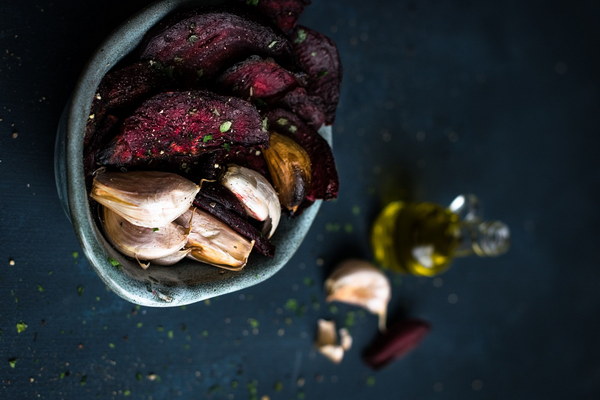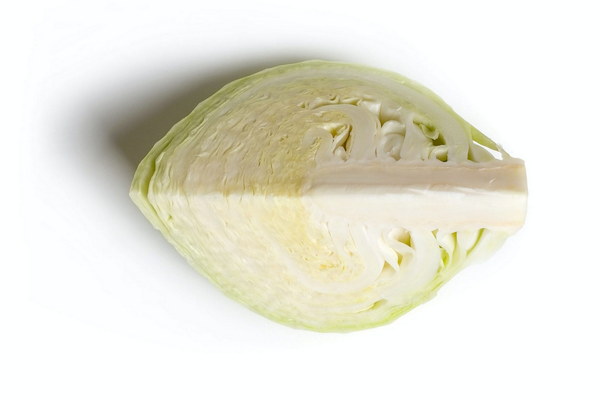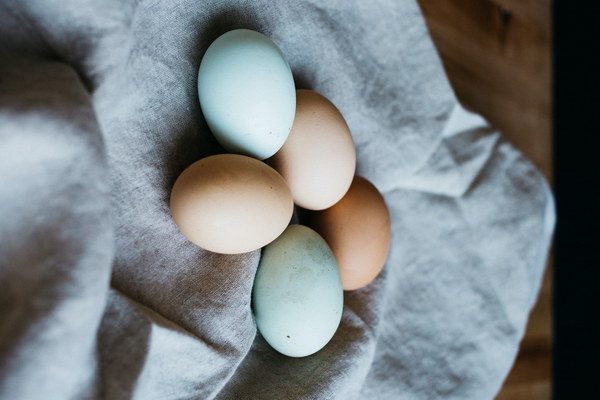Warm Your Stomach This Winter A Traditional Chinese Soup Recipe to Nourish Your Gastrointestinal Health
As the temperatures drop and the air turns crisp, the body craves warm, comforting meals that not only satisfy the palate but also nourish the internal organs. Among the myriad of traditional Chinese culinary remedies, the Winter Nourishing Stomach Soup stands out as a herbal concoction that perfectly aligns with the seasonal changes, aiming to strengthen the spleen and stomach. This article will delve into the benefits of this soup, its ingredients, and how to prepare it for a cozy, healthful winter.
The Significance of Spleen and Stomach in Winter
According to traditional Chinese medicine (TCM), the spleen and stomach are pivotal organs during the winter months. The spleen is responsible for transforming food into energy and nutrients, while the stomach is the gateway to the digestive system. During the cold season, these organs can become particularly susceptible to imbalances due to the increased intake of heavy, cold foods and the body's natural contraction of energy.

Benefits of the Winter Nourishing Stomach Soup
The Winter Nourishing Stomach Soup is designed to counteract these imbalances by providing warmth, soothing the stomach, and boosting the spleen's function. Some of the benefits include:
- Improved Digestion: The herbs in the soup help to stimulate the digestive process, aiding in the absorption of nutrients and reducing bloating.
- Increased Energy Levels: By strengthening the spleen, the soup can lead to a boost in overall energy levels, helping to combat the fatigue that often accompanies winter.
- Immune System Support: The herbs used in the soup have immune-boosting properties, helping to ward off colds and flu during the winter season.
- Enhanced Metabolism: The soup can help to regulate metabolism, which is particularly beneficial for those looking to maintain a healthy weight during the colder months.
Ingredients for the Winter Nourishing Stomach Soup
The following ingredients are commonly used in the preparation of the Winter Nourishing Stomach Soup:
- Dried Goji Berries (Wu Wei Zi): Known for their immune-boosting properties and ability to nourish the liver and kidneys.
- Dried Dates (Shu Zao): Rich in vitamins and minerals, they help to nourish the spleen and stomach.
- Codonopsis (Dang Shen): A well-known herb in TCM that strengthens the spleen and improves energy.
- Jujube Dates (Hong Zao): These sweet fruits support the spleen and stomach, and are also believed to boost the immune system.
- Chinese Angelica Root (Dang Gui): Known for its blood-nourishing properties, it can help to alleviate fatigue and improve circulation.
- Sliced Ginger (Sheng Jiang): Adds warmth and aids in digestion.
- Sliced Scutellaria (Huang Qin): Helps to clear heat and support the liver.
- Water: Approximately 8 cups
Preparation of the Winter Nourishing Stomach Soup
1. Rinse all the herbs and fruits under cold water to remove any dust or impurities.
2. Place the dried goji berries, dried dates, codonopsis, jujube dates, and sliced ginger in a pot.
3. Add 8 cups of water to the pot and bring to a boil.
4. Once boiling, reduce the heat to a simmer and let it cook for about 30 minutes.
5. Add the sliced scutellaria and continue to simmer for another 15 minutes.
6. Remove the pot from heat and let it sit for a few minutes before straining the liquid.
7. Serve the soup warm, preferably before or after meals to maximize its benefits.
Conclusion
The Winter Nourishing Stomach Soup is a simple yet effective way to care for your gastrointestinal health during the colder months. By incorporating this traditional Chinese remedy into your diet, you can enjoy a warm, soothing meal that supports your body's natural balance and helps you navigate the winter season with vitality. Remember, the key is consistency; make it a habit to sip on this soup regularly to reap its full benefits.









